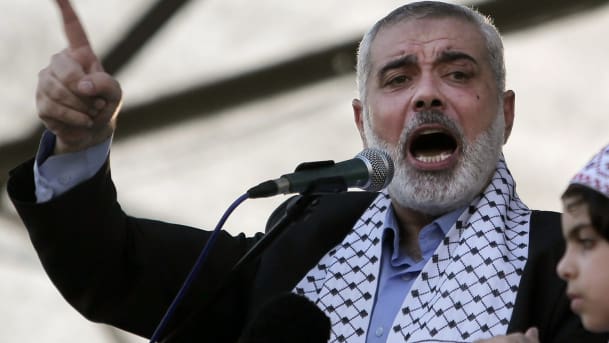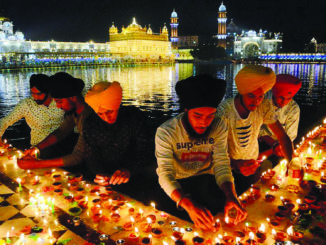Canada is doing very little to address India’s concerns on Sikh extremism
A tableau, in Brampton, Canada, glorifying the assassination of former Prime Minister Indira Gandhi, has expectedly caused outrage across the polity in India. The tableau was part of an annual parade by Canadian Sikh separatist or “Khalistani” groups to mark their protest against Operation Bluestar, in 1984. An accompanying poster termed the killing as an act of “revenge”. Political leaders in India have called for Canada to apologize and to acknowledge the dangers of the rise of anti-Indian separatist and extremist forces. External Affairs Minister S. Jaishankar said the incident was part of a broader pattern, indicating that these forces pose a real challenge not only to the India-Canadian relationship but also to Canada itself. He suggested that the failure to act against these groups was due to a desire to cater to Canadian “vote-banks” that the much broader community of about 8,00,000 Sikhs constitute. He added that the culture of validating violence as an acceptable form of protest was one that should concern Canada’s leadership as well, given past incidents such as the bombing of an Air India flight in 1985. India-Canada relations have been fraught over similar issues, as India has been protesting incidents of vandalism and anti-India and anti-Modi graffiti on temples and community centers there, as well as over Canadian Prime Minister Justin Trudeau’s remarks criticizing the Narendra Modi government’s treatment of Punjab farmers who were protesting the 2020 agriculture Bill. As a result, India had called off high-level engagements and virtually snapped communications between New Delhi and Ottawa for several months before they were restored.
The latest provocation could well lead to another such spiral, and both governments need to resolve the issues diplomatically if they want to avoid another nadir in bilateral ties. While the Canadian government is within its rights to protect free speech and expression in its country, it must understand India’s concern that tableaus that glorify the assassination of a Prime Minister constitute inflammatory hate speech and could fuel radicalism. Meanwhile, instead of seeking to shut down protests which are legal, or issuing démarche over every act of vandalism, it would be more productive if New Delhi is able to cooperate and share evidence of the extremist activity and terrorist acts such groups are conspiring on. Given that Khalistani protests have been seen in Australia, the United Kingdom, the United States and parts of Europe, the Modi government must now chalk out a broader diplomatic strategy to ensure a more effective way of dealing with the problem, which could even be discussed with the leaders of all these countries, who are expected to visit India in September for the G-20 summit.
(The Hindu)





Be the first to comment